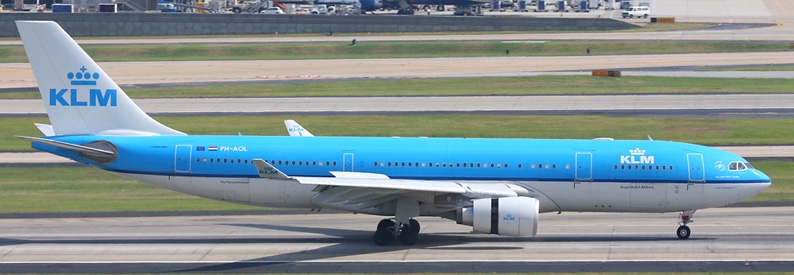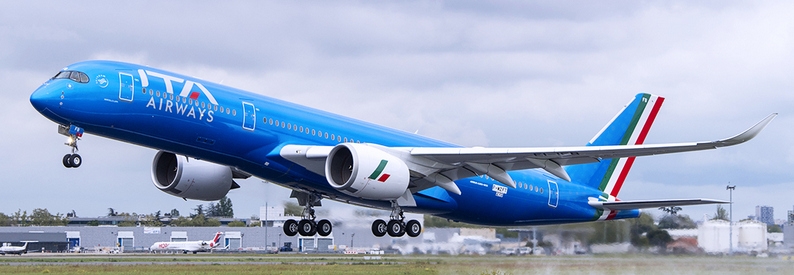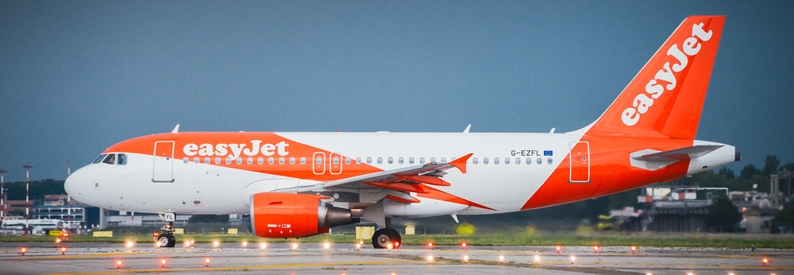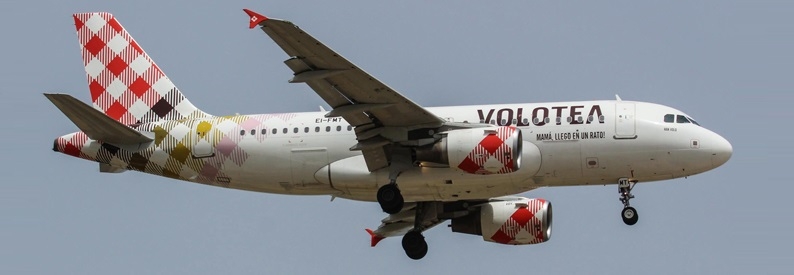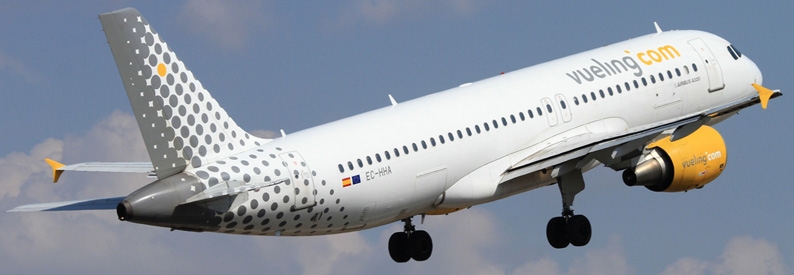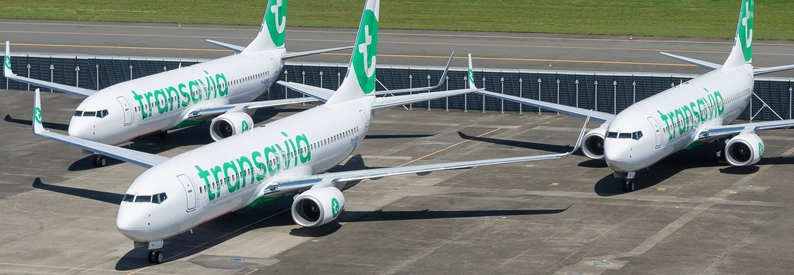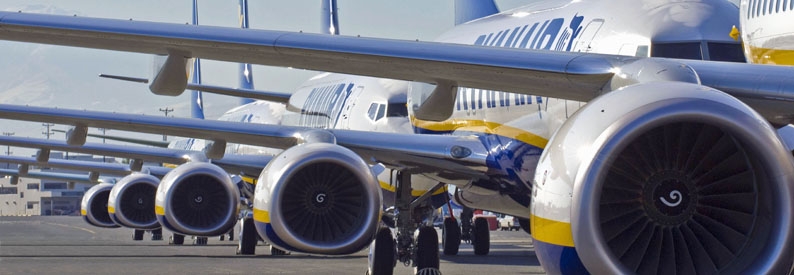easyJet (London Luton) has demanded that the UK government provide “a bespoke package of measures” for airlines as it warned in a trading update on October 8 that it was likely to post its first annual loss in its 25-year history.
The low-cost carrier estimated it would record a pre-tax loss of between GBP815 million and GBP845 million pounds (USD1.06-1.09 billion) for the year to September 30, 2020.
“The UK government urgently needs to step up with a bespoke package of measures to ensure airlines are able to support economic recovery when it comes,” Johan Lundgren, its chief executive, said in the filing.
Since “easyJet has adapted and risen to the challenges presented by the pandemic by taking decisive actions to minimise losses,” he added, it expected to “deliver a better than expected cash burn outcome in Q4 and [...] minimise losses and cash burn during the first half of 2021.”
The company burned through almost GBP700 million (USD907 million) in cash during its fourth fiscal quarter, July to September, which it said “compares favourably” to GBP774 million (USD1 billion) in the third quarter.
It carried 9.4 million passengers on 66,533 flights in the fourth quarter as it flew 38% of planned capacity, resulting in a 76.3% load factor, it said in the update.
easyJet has raised more than GBP2.4 billion (USD3.1 billion) in cash since the start of the pandemic. That includes a GBP600 million (USD778 million) loan from the UK Treasury’s emergency coronavirus fund, secured in April.
The carrier has described itself as well-positioned to survive the crisis and recover, but it has signalled it may need more state support if travel restrictions persist. It “will continue to assess further funding opportunities, including sale and leasebacks, should the need arise,” it said in the filing.
To drive down costs, easyJet said it had “launched an employee consultation process on proposals to reduce staff numbers by up to 30%, including optimising our network and bases.”
Earlier in the week, on October 6, easyJet Switzerland (DS, Geneva) announced it was withdrawing two of its 12 aircraft stationed at Basel/Mulhouse/Freiburg, CH and cutting 70 jobs. It currently employs 450 people in Basel and has 15 aircraft and 570 staff in Geneva.
“easyJet anticipates that the market demand levels of 2019 will likely not be reached again before 2023,” easyJet Switzerland said in its statement.
easyJet said in its trading update that it would “act quickly to selectively acquire attractive slots made available in locations where the opportunity arises.” As part of its “optimisation of bases,” it pledged to open seasonal bases in Malaga and Faro during summer 2021.
Meanwhile, as easyJet released its update, founder Stelios Haji-Ioannou took the opportunity to reiterate his opposition to the airline’s board on its GBP4.5 billion (USD5.8 billion) order standing to buy 107 Airbus aircraft.
“The easyJet scoundrels must stop squandering shareholders’ money on buying 100 more planes when 75% of the current fleet (337 planes) is just sitting idle on the tarmac. The scoundrels have lost around GBP1.3 billion [USD1.7 billion] of shareholders’ equity in the last 12 months and yet want to keep buying more and more aircraft,” he said in a statement.
easyJet has declined to comment on Haji-Ioannou’s claims.

